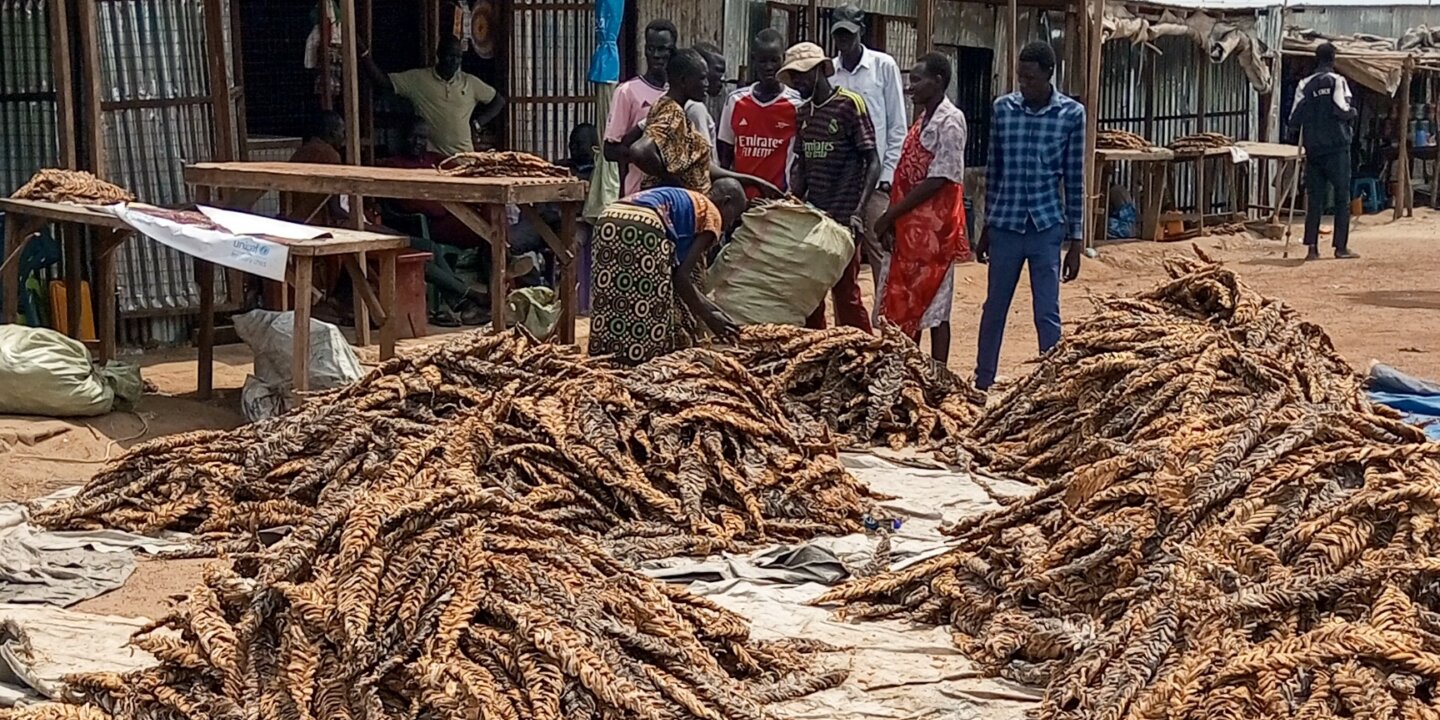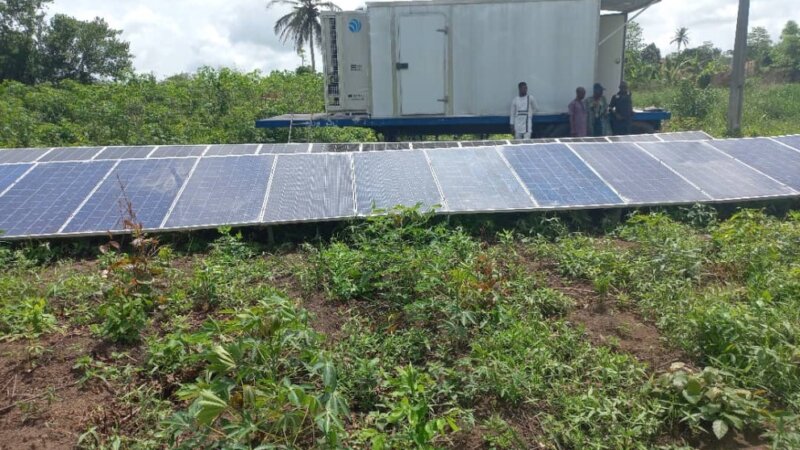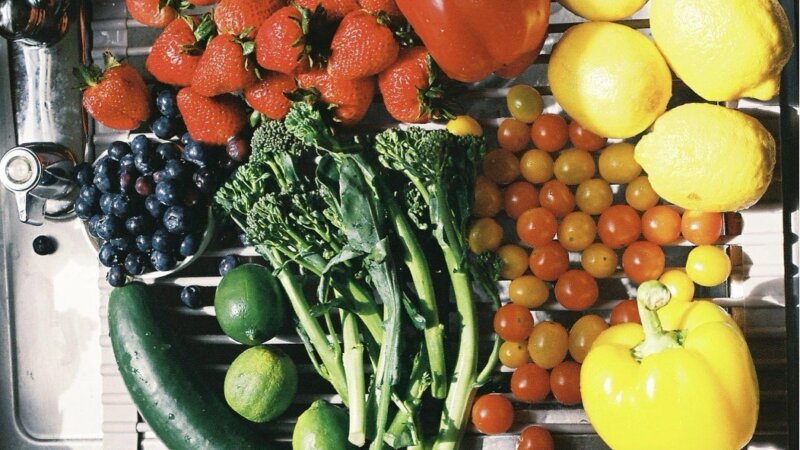When Preservation Pollutes: Sustainability Challenges in South Sudan’s Fishing Industry

Fishermen handling fish products from the Nile River. Plastic packaging of the salt used for fish preservation is discarded into the Nile waters, threatening aquatic life and affecting the ecosystem. | Picture by: Majur Chuti Achiek, March 26, 2025.
Majur Chuti Achiek, a young and passionate climate justice advocate, works as Food Systems Officer with ZOA-Dorcas South Sudan. Through the Accelerating Food Systems Resilience in Africa (ARFSA) project and other community support initiatives, he contributes to South Sudan’s food systems transformation. As the 2025 food systems e-course participant, Majur reflects on a new fish preservation method that has boosted fish exports in South Sudan – but at a serious environmental cost that threatens the near future.
For the burgeoning population of illiterate fishers along the Nile in Bor County of Jonglei State, South Sudan, fishing is not just a livelihood – it is survival. Many young people, especially those without formal education, rely on fishing to support their families. Yet, the sector has been facing multiple challenges, such as poor storage, post-harvest losses, limited market access, and a lack of technical support.
Since 2019, a new fish preservation method—believed to have been introduced by fishers from the Democratic Republic of the Congo—has contributed to a surge in fish exports. Using salt, this technique allows fish to be transported over long distances, boosting exports to Uganda, Congo, and even France. According to UN Comtrade, Uganda’s fish imports from South Sudan grew to nearly 1 million kilograms between 2017 and 2021.
But this success has come at a cost. The salt used to preserve the fish is packaged in plastic. Each day, fishers discard the plastic packaging into the Nile. Based on my personal observation, tons of plastic waste are accumulating in the river, threatening aquatic life and the very communities that depend on its waters.
This isn’t just about one technique. It reflects a broader challenge: how unregulated, short-term solutions can bring long-term harm. If current trends continue, the environmental consequences could become irreversible in just a couple of years – not only hurting ecosystems but undermining the fishing industry itself.
The South Sudan food systems dialogue recognizes this. One of its key outcomes is the need for sustainable practices – especially promoting responsible use of natural resources to produce healthier diets. As someone directly involved in this transformation through the Accelerating Food Systems Resilience in Africa (ARFSA) project, I see the urgency of supporting local communities to adopt practices that protect both livelihoods and the environment.
During the food systems e-course, I learned the importance of trade-offs – making decisions that balance productivity with sustainability. Fishers must be supported to invest in plastic recycling and adopt environmentally friendly preservation techniques. This includes using recyclable salt packaging, improving fishing gear, and taking responsibility for cleaning swampy areas and islands.
The fishing sector is a major part of Bor County’s food system. That’s why we need to act on key leverage points – not just improving production, but also addressing environmental impacts. And this calls for stronger collaboration between government ministries. Right now, departments like Health, Environment, Fisheries, Trade, and Water Resources are not working together as effectively as they should. That gap must be closed.
This method of fish preservation may have increased incomes today, but unchecked, it could damage the very waters that sustain our future. If we truly want to build resilient food systems in South Sudan, we must act now – by aligning economic ambition with environmental responsibility.
I believe it’s time to rethink how we produce, handle, and market our food – from fishing to packaging, transport to consumption. I call on our local government leaders to fully implement and enforce the food systems transformation agenda – for our people, and for the Nile itself.
Author

Majur Chuti Achiek
e-course participant




